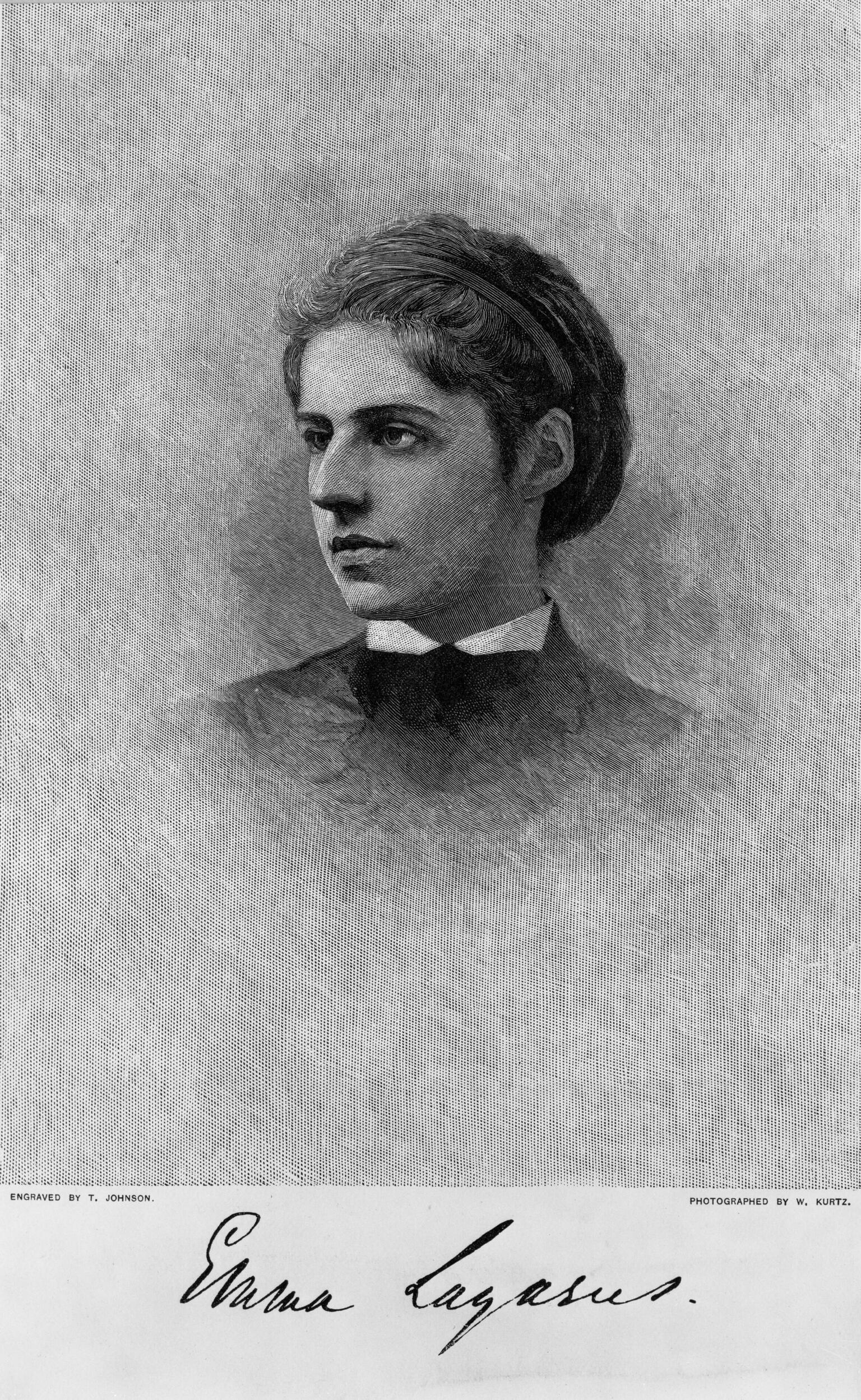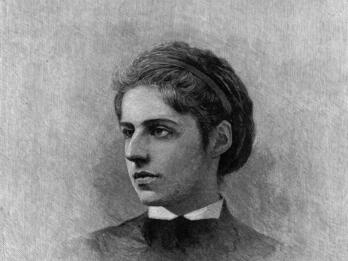Epochs
Peace
The calm outgoing of a long, rich day,
Checkered with storm and sunshine, gloom and light,
Now passing in pure, cloudless skies away,
Withdrawing into silence of blank night.
Thick shadows settle on the landscape bright,
Like the weird cloud of death that falls apace
On the still features of the passive face.
Soothing and gentle as a mother’s kiss,
The touch that stopped the beating of the heart.
A look so blissfully serene as this,
Not all the joy of living could impart.
With dauntless faith and courage therewithal,
The Master found her ready at his call.
On such a golden evening forth there floats,
Between the grave earth and the glowing sky
In the clear air, unvexed with hazy motes,
The mystic-winged and flickering butterfly,
A human soul, that drifts at liberty,
Ah! who can tell to what strange paradise,
To what undreamed-of fields and lofty skies!
Loneliness
All stupor of surprise hath passed away;
She sees, with clearer vision than before,
A world far off of light and laughter gay,
Herself alone and lonely evermore.
Folk come and go, and reach her in no wise,
Mere flitting phantoms to her heavy eyes.
All outward things, that once seemed part of her,
Fall from her, like the leaves in autumn shed.
She feels as one embalmed in spice and myrrh,
With the heart eaten out, a long time dead;
Unchanged without, the features and the form;
Within, devoured by the thin red worm.
By her own prowess she must stand or fall,
This grief is to be conquered day by day.
Who could befriend her? Who could make this small,
Or her strength great? She meets it as she may.
A weary struggle and a constant pain,
She dreams not they may ever cease nor wane.
Credits
Emma Lazarus, “Epochs,” in The Poems of Emma Lazarus, vol. 1, 2 vols. (Boston: Houghton Mifflin and Company, 1889), 40–53, https://babel.hathitrust.org/cgi/pt?id=loc.ark:/13960/t7sn0rx2k&view=1up&seq=7.
Published in: The Posen Library of Jewish Culture and Civilization, vol. 6.





